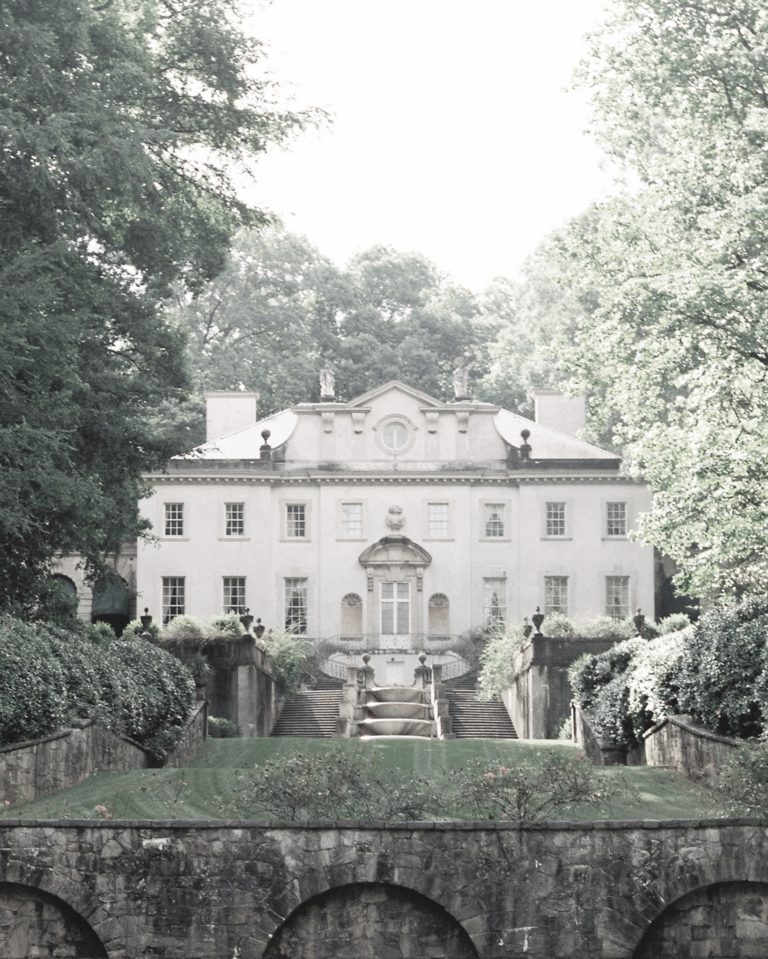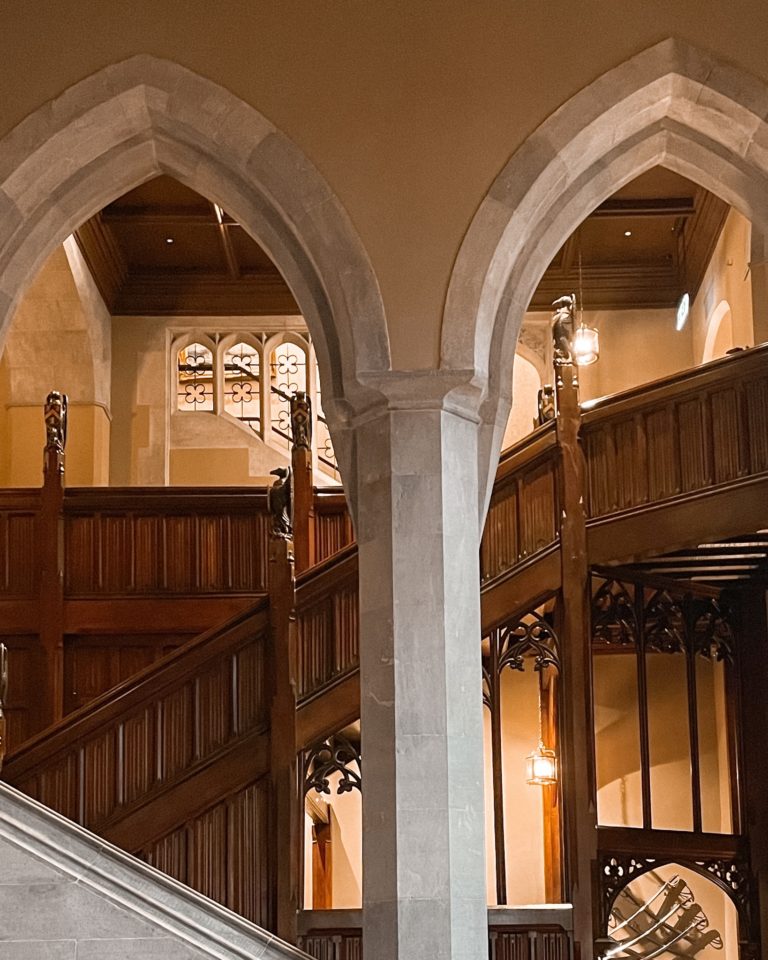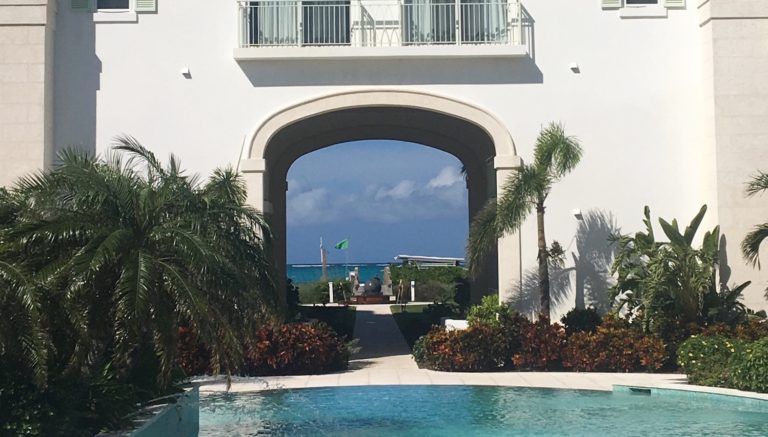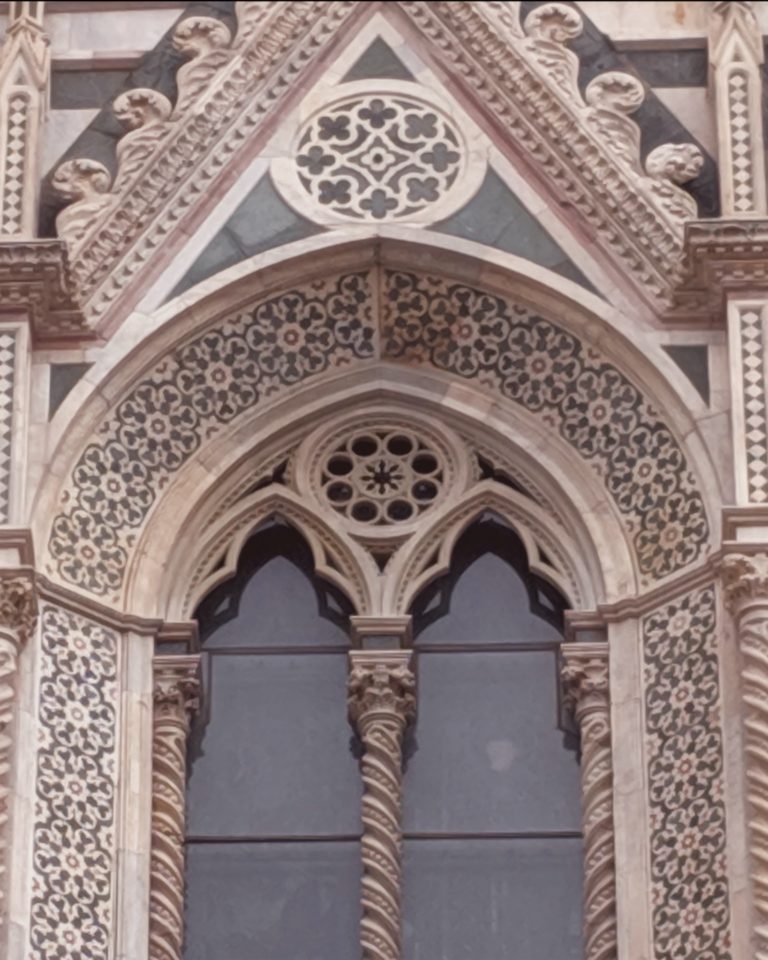An Epicurean Journey through Luxembourg
Luxembourg, a small landlocked country in Western Europe, is possibly best known for being one of the world’s wealthiest nations. A founding member of the European Union, Luxembourg City, is a UNESCO World Heritage site with medieval fortifications, as well as a major financial hub and home to many European institutions.
During our five day visit, we looked beyond what commonly puts Luxembourg on the map in favor of exploring a more sensorial side of this small country. But don’t let size fool you; often overshadowed by its larger neighbors, it revealed a culinary landscape that surpassed our expectations and left an indelible mark on our palates.

We stayed at Le Royal Hotel Luxembourg, which was conveniently located in the city centre within a short walking distance of the historic area. While it could be argued that most accommodations are fairly convenient due to the city’s small size, and the hotel had a slightly more business rather than boutique vibe, the service and dining were excellent. We also had a lovely view from our window (pictured above) which always helps win my heart.

A CULINARY MELTING POT
Luxembourg’s culinary scene is a blend of flavors, drawing influence from its French, German, and Belgian neighbors. Luxembourg City has an impressive number of Michelin-starred restaurants per capita, coexisting alongside cozy bistros to create a variety of options for those seeking an array of dishes, from casual to formal, that still remain authentic to the city.
Luxembourg’s multicultural influence manifests in its diverse offerings from French-inspired patisseries that tempt with delicate pastries and rich chocolates to German-style beer gardens with their hearty sausages and pretzels.

LUXEMBOURGISH TRADITIONS
For a taste of an authentic Luxembourgish culinary experience, try dishes that capture the country’s heritage – classics such as ‘Judd mat Gaardebounen’ (smoked pork neck with broad beans) or ‘Gromperekichelcher’ (potato pancakes). These hearty, soul-warming dishes pay homage to Luxembourg’s agricultural roots, while offering a glimpse into their traditional cuisine.

MOSELLE COUNTRYSIDE WINES
Venture beyond the cityscape to Luxembourg’s picturesque countryside. The Moselle region, famed for its vineyards, invites exploration of Luxembourg’s burgeoning wine scene. Family-owned wineries offer tastings of the region’s finest vintages amidst rolling hills and terraced vineyards, providing a sensory journey through crisp Rieslings and elegant Pinot Noirs.

When you aren’t dining, take a wander through Parc de la Ville Haute in Luxembourg City, a beautiful formal green-space located in the upper part of the city. It provides a peaceful retreat with well-maintained greenery, walking paths, and scenic views of the famous Adolphe Bridge, a notable landmark that is not to be missed. It’s a popular spot for locals and visitors alike to relax and enjoy nature.
BEYOND LUXEMBOURG CITY
If you have time to venture outside the capital, consider visiting Echternach and Vianden. Echternach, the oldest town in Luxembourg, with its picturesque setting near the Mullerthal Trail, offers a selection of restaurants serving both traditional and innovative dishes. For a literary excursion, visit The Victor Hugo Literary Museum in Vianden – a house that hosted the famous author during his political exile from France – then enjoy a meal that combines the town’s history with culinary artistry for a unique dining experience. Bon appétit!





